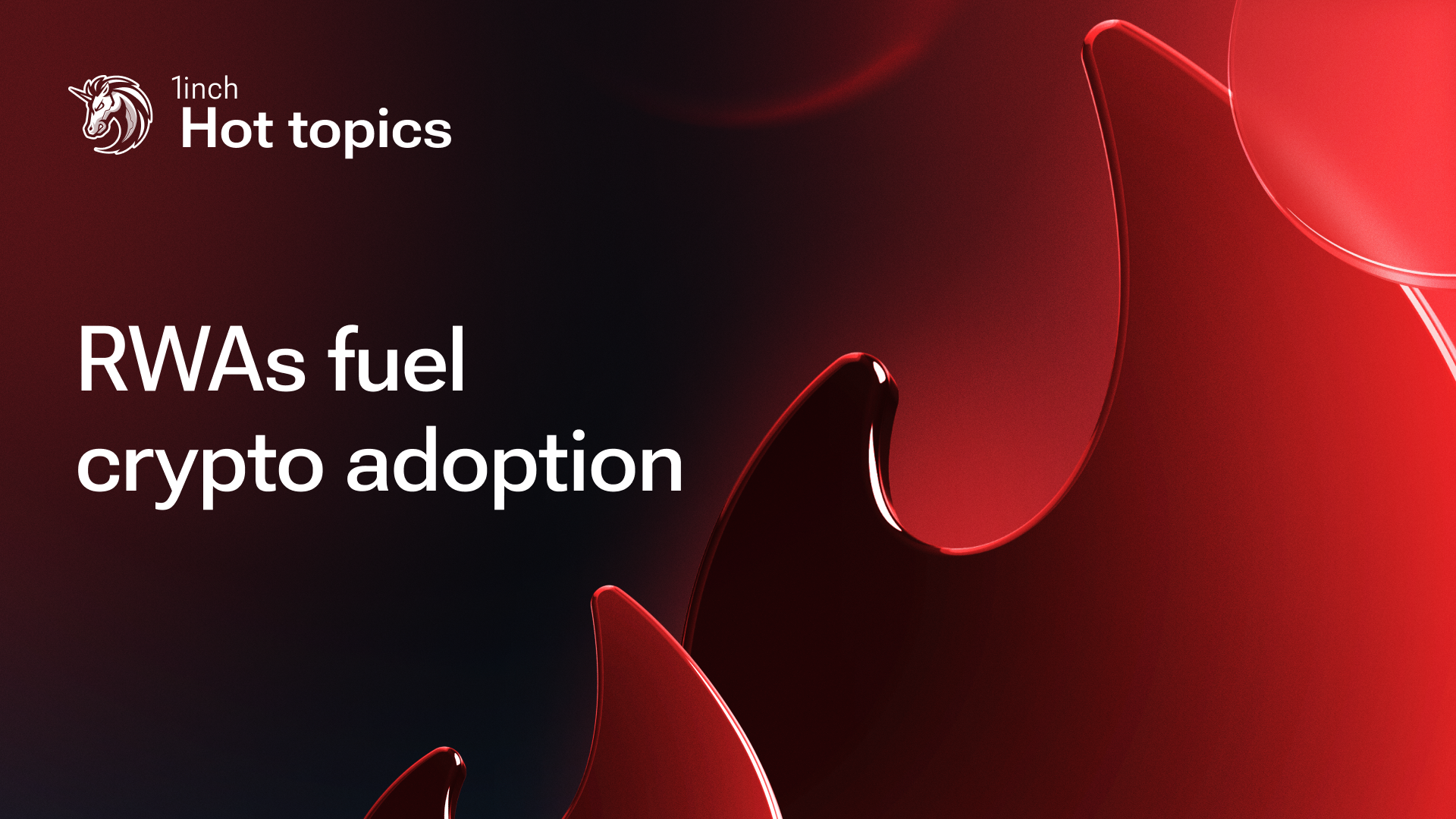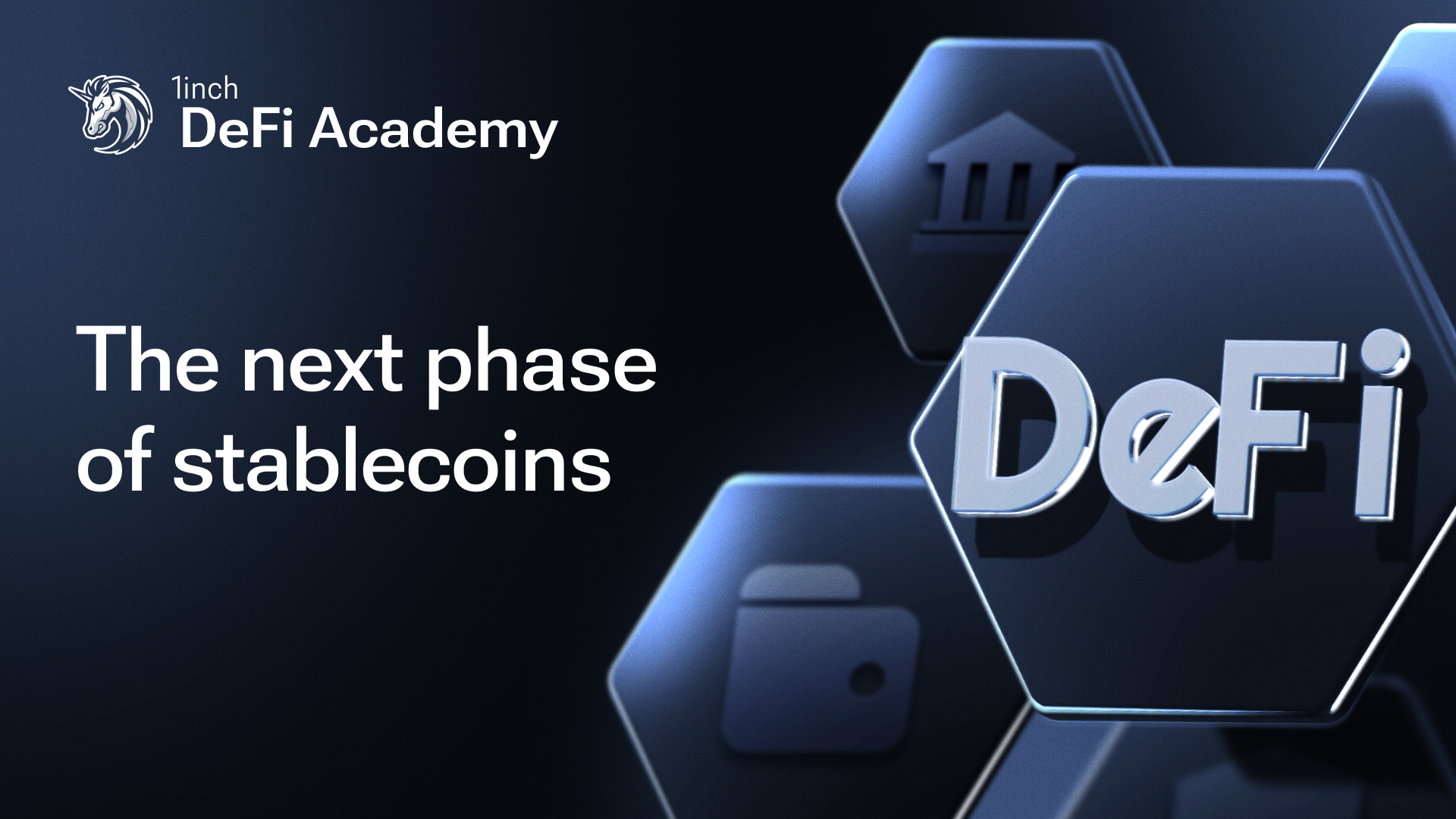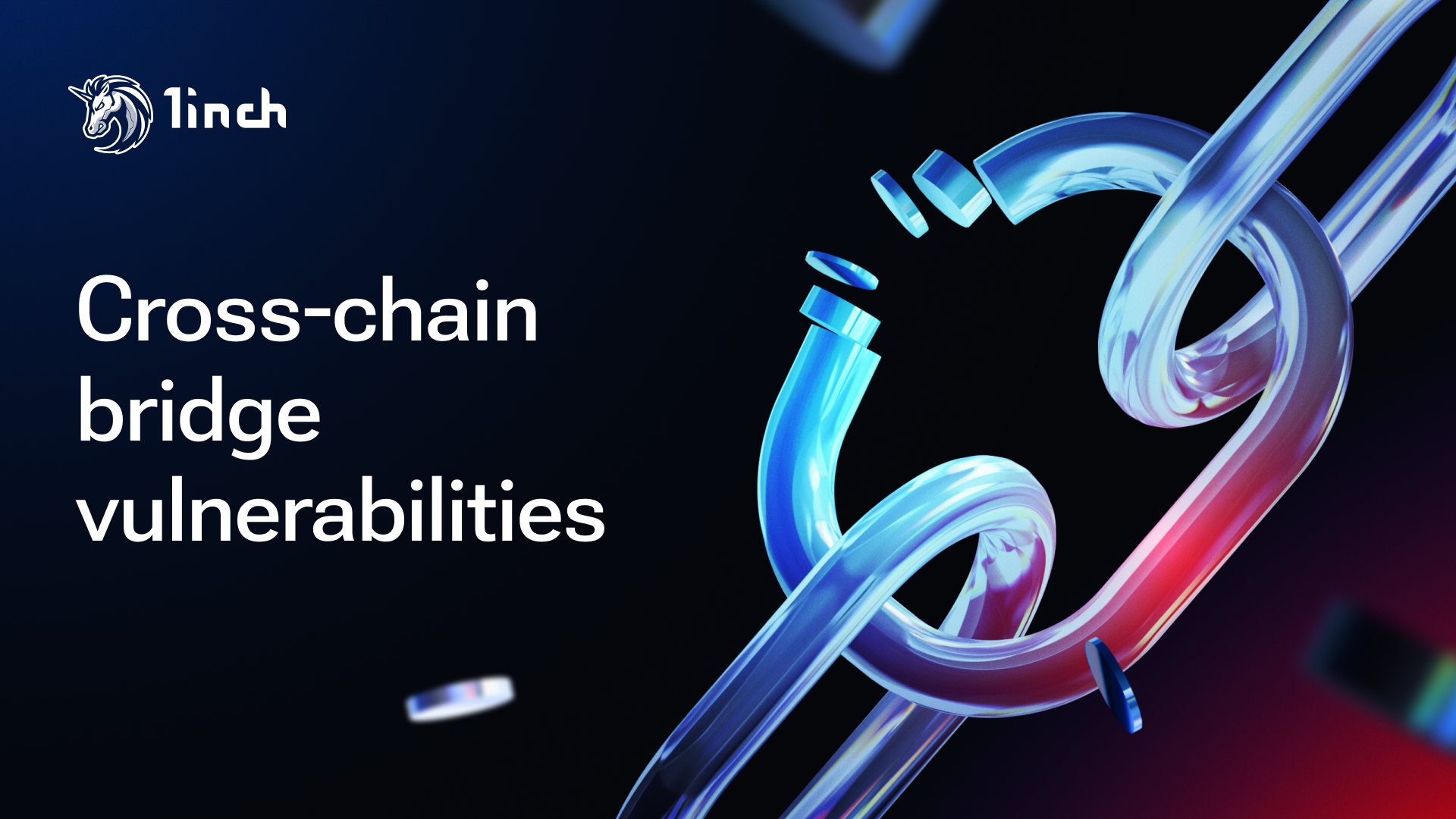RWAs fuel crypto adoption

Tokenized real-world assets are reshaping traditional finance by accelerating crypto adoption across both institutional and retail markets.
Recently, the tokenization of real-world assets (RWAs) has evolved from a niche concept to a potentially transformative force in global finance. This shift has been driven by a confluence of tech advancements, regulatory developments and institutional adoption of crypto. RWA tokenization could be instrumental in building a more accessible and efficient financial environment.
Robinhood's foray into tokenization
Robinhood, a fintech company that offers trading of stocks, ETFs, options and crypto, has long been at the forefront of integrating blockchain technology with traditional finance. In June 2025, it launched tokenized trading of over 200 US stocks and ETFs for European users via the Ethereum L2 network Arbitrum. This initiative enables 24/5 trading of tokenized equities, offering European investors fractional ownership of major US companies, such as Apple and Microsoft. Additionally, Robinhood plans to introduce tokenized shares of private firms such as OpenAI and SpaceX, providing indirect exposure to high-profile private companies through blockchain-based tokens.
Institutions embrace tokenized assets
Beyond Robinhood, major financial institutions are actively exploring RWA tokenization. Finance giants JPMorgan and Goldman Sachs have launched blockchain-based platforms to tokenize traditional assets, testing tokenized bonds and equities in real-world environments.
Security Token Market forecasts that asset tokenization could reach $30 trn by 2030, led by stocks, real estate, bonds and gold.
Digital Asset, a blockchain startup, has recently raised $135 mln in a funding round led by Tradeweb and the venture capital arm of DRW, with participation from Goldman Sachs and Citadel Securities. The funding will be used to expand the integration of real-world assets onto the Canton Network, a public and now open-source blockchain developed by Digital Asset and governed by over 30 institutions.
RWA tokenization pioneers
Several blockchain platforms are pioneering the tokenization of various asset classes. For instance, Ondo Finance specializes in tokenizing yield-generating assets from traditional finance such as US Treasuries and stocks, making them accessible and liquid on blockchain networks.
Similarly, Centrifuge is focused on bringing real-world assets into decentralized finance (DeFi), allowing businesses to tokenize invoices and real estate, while Securitize provides regulatory-compliant securities infrastructure, facilitating the issuance and management of tokenized securities.
A path to mass adoption
The tokenization of RWAs holds significant promise for democratizing access to investment opportunities. By converting physical assets into digital tokens, investors can gain fractional ownership of assets that were previously illiquid or inaccessible, such as real estate, fine art, and private equity. This increased accessibility can lead to greater market participation and liquidity.
Moreover, tokenized assets can be traded 24/7 on blockchain platforms, reducing settlement times and operational costs. Smart contracts enable automated compliance and governance, further streamlining processes.
Not all rosy
Despite the potential benefits, several challenges remain.
Regulatory uncertainty. The legal framework for tokenized assets varies across jurisdictions, creating complexities for cross-border transactions.
Technological integration. Ensuring interoperability between traditional financial systems and blockchain platforms is essential for seamless adoption.
Investor education. As tokenized assets become more prevalent, educating investors about the risks and mechanics of these instruments is crucial.
The momentum behind RWA tokenization in 2025 reflects a broader trend towards integrating blockchain technology with traditional finance. As players like Robinhood, JPMorgan and emerging blockchain startups continue to innovate, the financial landscape is poised for increased accessibility, efficiency and inclusivity. While challenges persist, it is evident that tokenized real-world assets will play a pivotal role in the future of global finance.
Stay tuned for more insights into hot topics!




























